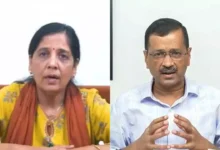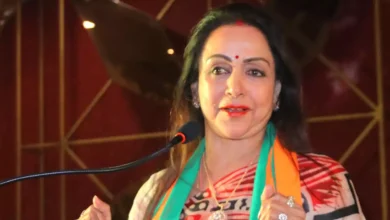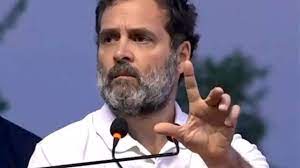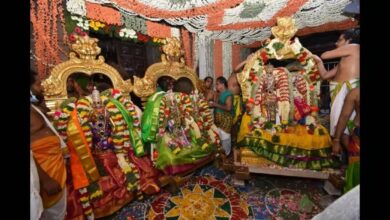The BJP’s sop-free agenda has a pro-poor and anti-graft stance
In its 2024 Lok Sabha election manifesto, the ruling BJP promised to build middle class support networks, continue its fight against corruption, and implement the “one nation, one election” Uniform Civil Code and Citizenship Amendment Act. It also promised to expand the current network of pro-poor schemes over the next five years.

Prime Minister Narendra Modi unveiled the BJP Sankalp Patra, or “Modi ki Guarantee 2024,” which fell on the same day as the start of the New Year in many parts of India. He claimed that it would uphold the “four pillars of Viksit Bharat,” which are women, farmers, the poor, and youth, and that it would guarantee “dignity, quality of life for all, besides aiding a transition from investments to jobs (nivesh se naukri)”.
“In these conflict-ridden and uncertain times, the need for a strong, full majority, stable government in India becomes even more pronounced,” said the prime minister.
Speaking ahead of the BJP’s bid for a third consecutive victory in the April 19 Phase I Lok Sabha election, the PM pledged to establish India as the world’s third-largest economy and as Vishwa Bandhu, or friend of the world. “India will advance, pledging to implement the ‘one country, one election’ strategy, and emerge as a worldwide leader in electronics, semiconductors, manufacturing, nutrition, medicine, and electric vehicles. The BJP believes that UCC is crucial for the good of the country. The BJP has taken strong action against corruption in the last ten years, since it deprives the poor and middle classes of their rights. Modi said, “Action against the corrupt will not stop.”
“Poll results are out on June 4,” he added, adding that he would “toil 24×7 for Viksit Bharat by 2047” and that work on assurances will begin shortly after.
Significant new cross-sector pledges in a manifesto that is largely free of state subsidies include: free hospitalization for over 70 years of age, home ownership for middle-class families, building of 3 crore new rural houses, doubling of Mudra loan to Rs 20 lakh, piped natural gas supply to major towns, new passenger trains to remove wait lists, increased loan limit for street vendors, commemoration of 2025 (the 150th anniversary of Bhagwan Birsa Munda’s birth) as Janjatiya Gaurav Varsh, Global Ramayana festival and Tamil poet Thiruvalluvar Centers worldwide, backing of India’s bid for the 2026 Olympics, and a campaign to address osteoporosis, cervical, and breast cancer.
Significantly, the paper is mute on the party’s 2019 election commitment to the NRC and on the legal MSP regime for farmers, even as it celebrates the fulfillment of the BJP’s major promises—the construction of the Ram Mandir in Ayodhya and the repeal of Article 370 in J&K. The BJP just needed to point out that 60% of the present ministers are OBCs and SC/STs in order to refute the Congress’ caste census and demonstrate the government’s commitment to their real empowerment.
The manifesto primarily focuses on extending and expanding significant pro-trader, pro-labor, and pro-poor programs that have helped the BJP produce millions of beneficiaries.
The manifesto has pledged to extend free rations to 80 crore people by 2029, maintain PM Kisan Samman Nidhi (which provides 11 crore farmers with an annual cash transfer of Rs 6,000), expand Ayushman Bharat (which provides 12 crore impoverished families with an annual free hospitalization cover each) and establish Jan Aushadhi Kendras for subsidised medicines.
It also calls for the expansion of LPG connections (11 crore women have benefited from the Ujjwala scheme, which will be extended), zero power bills through the PM Surya Ghar plan, and assistance to fishermen operating within a 5,000 km coastline.






